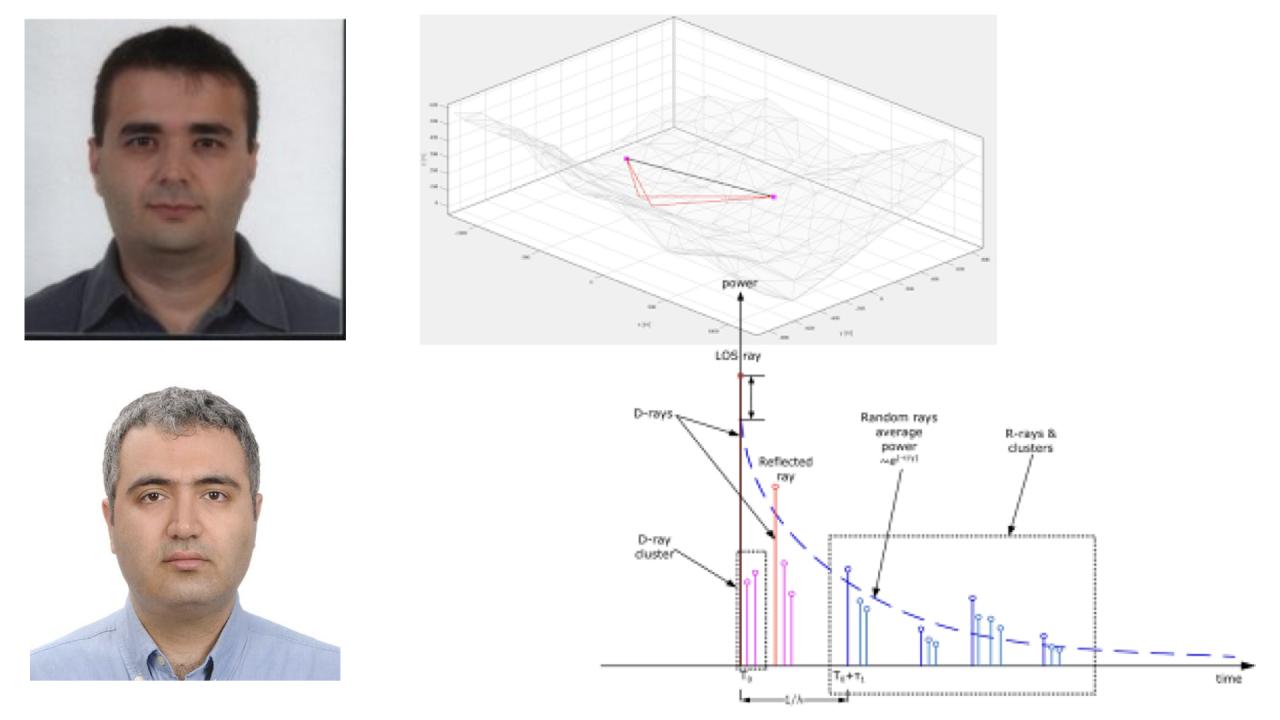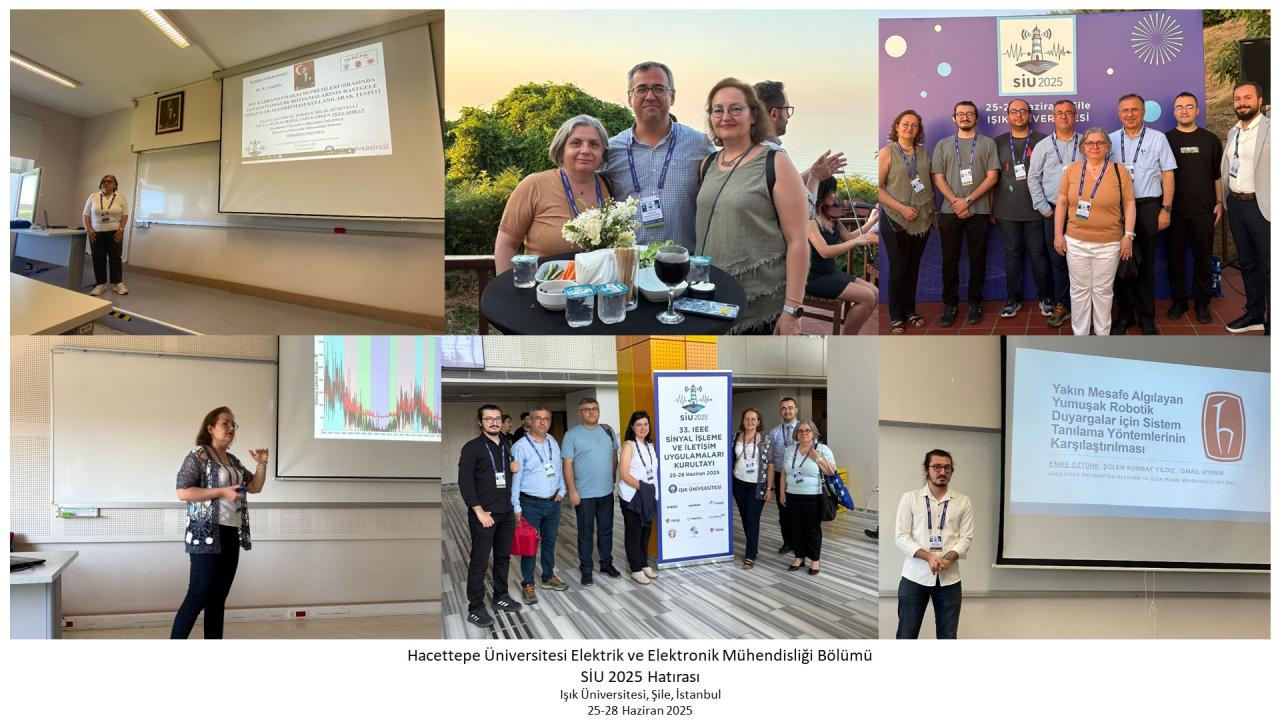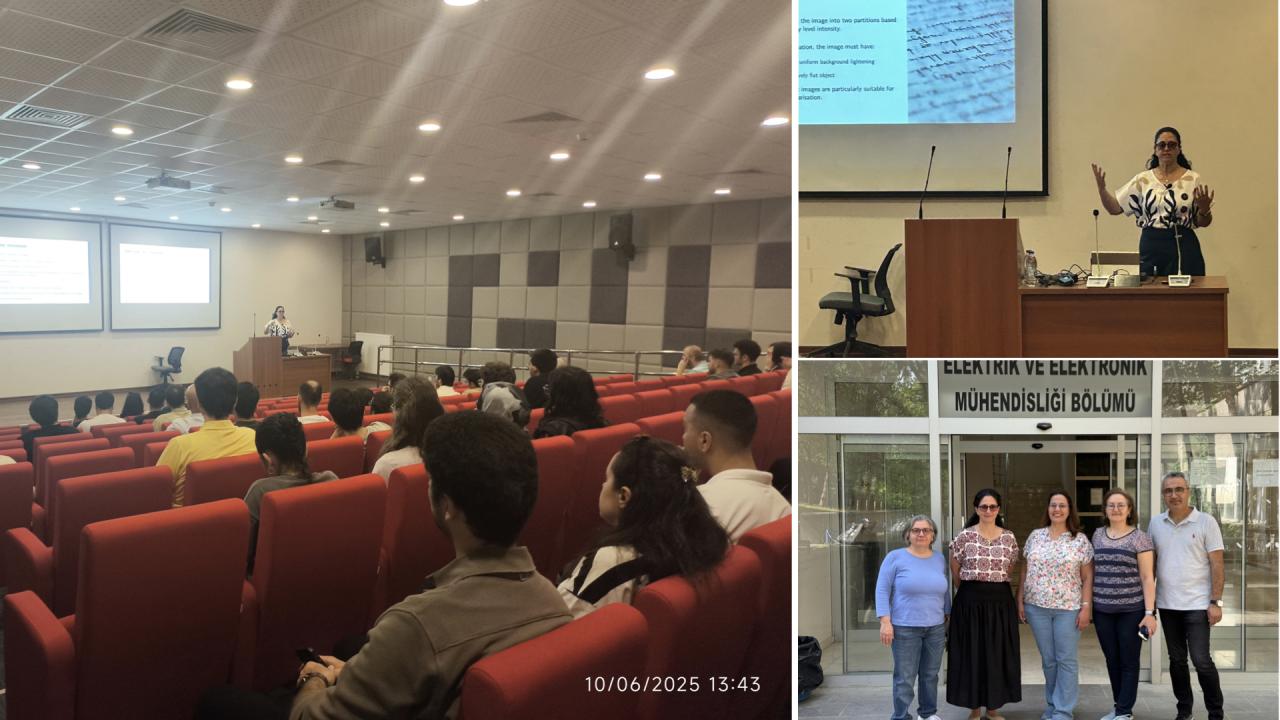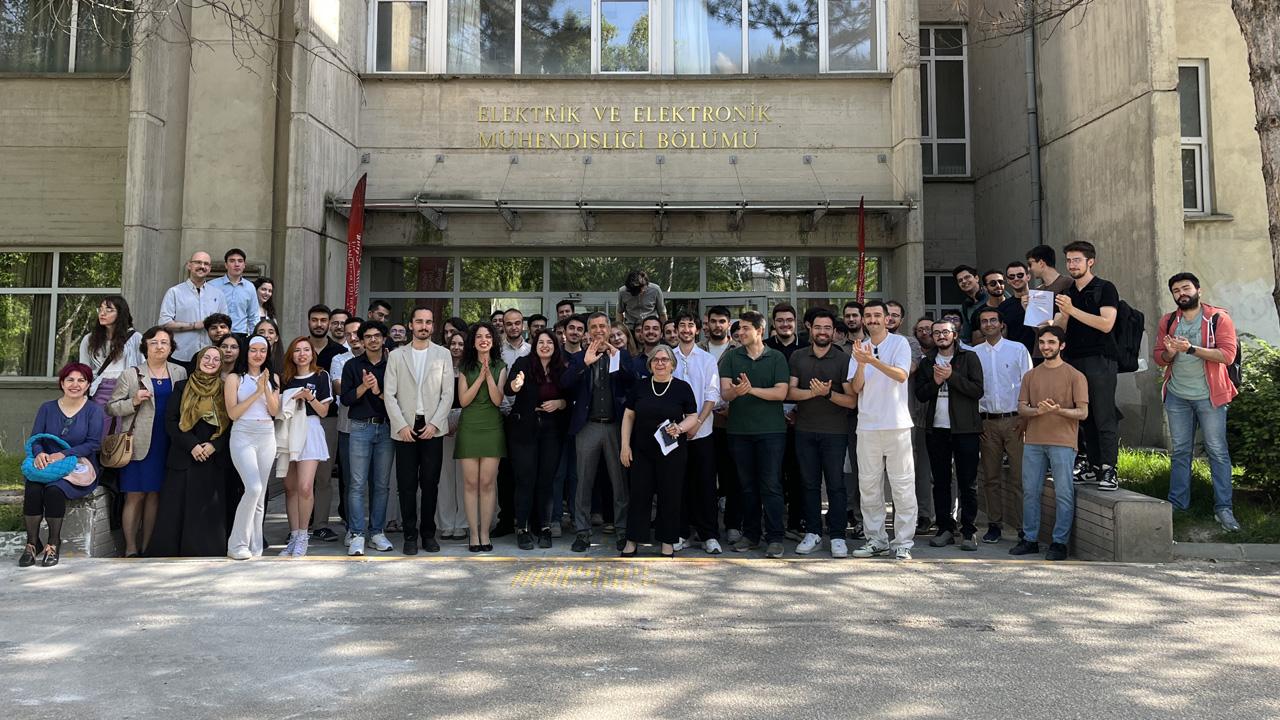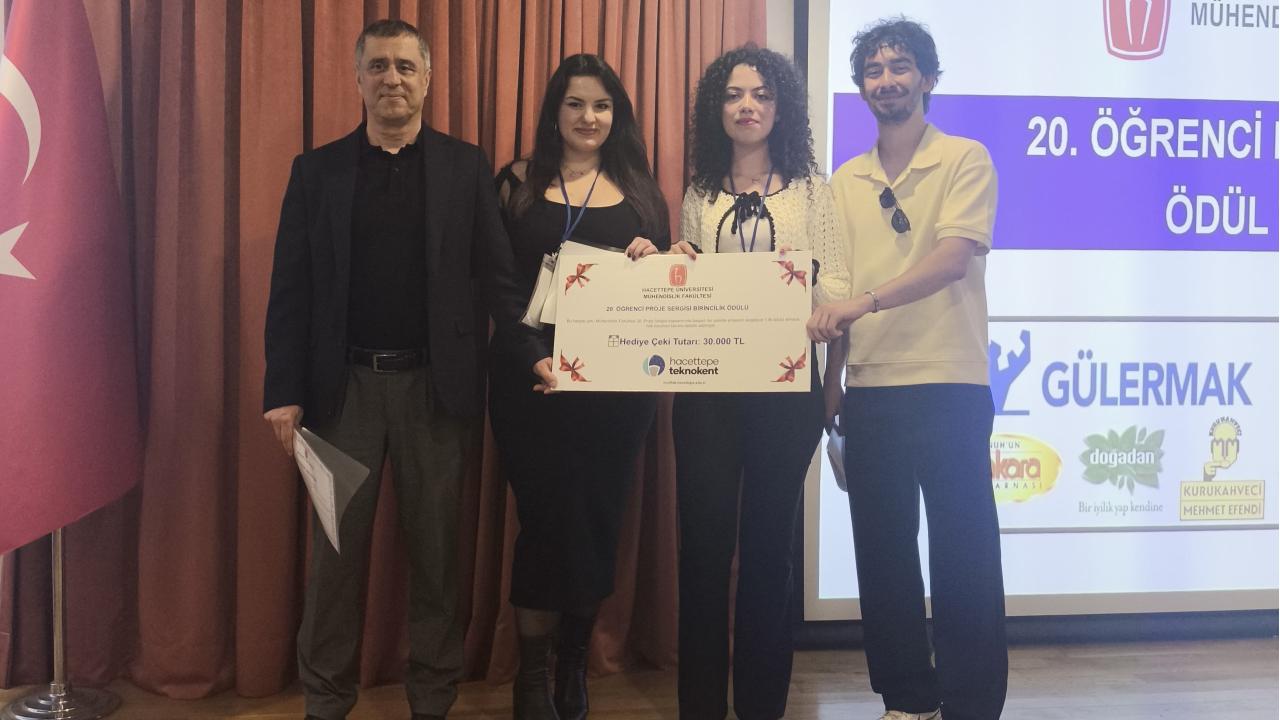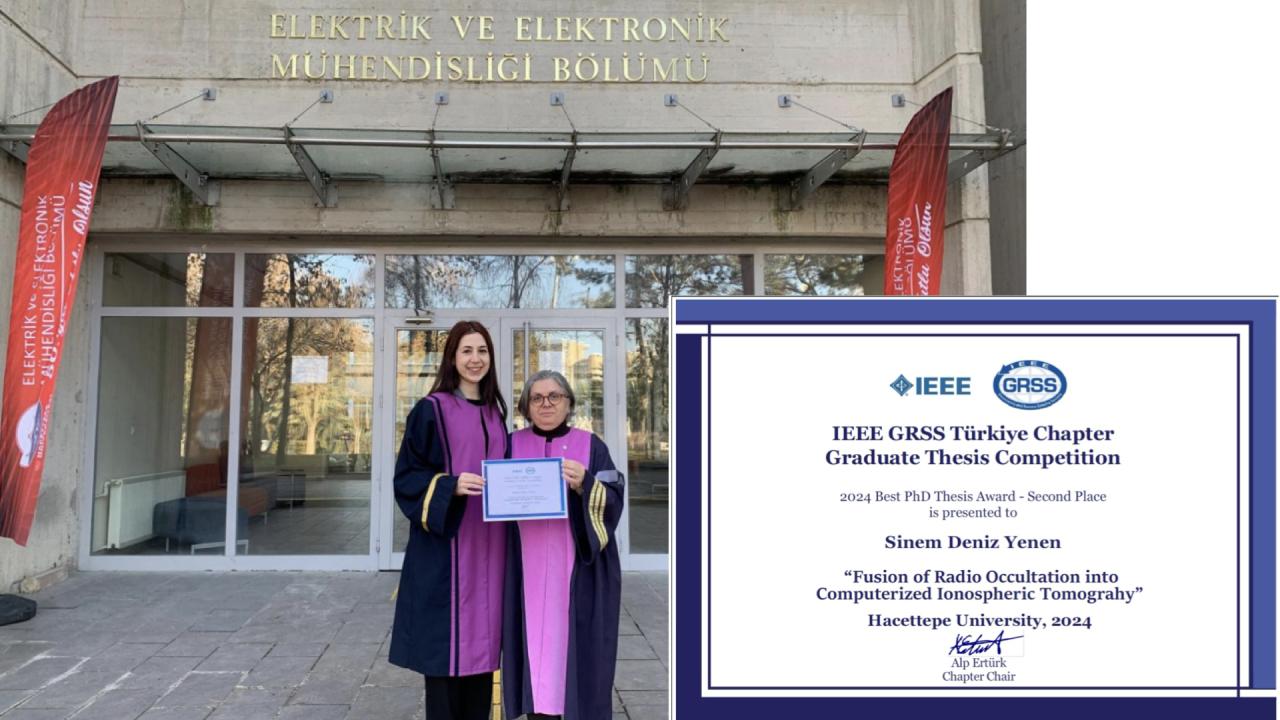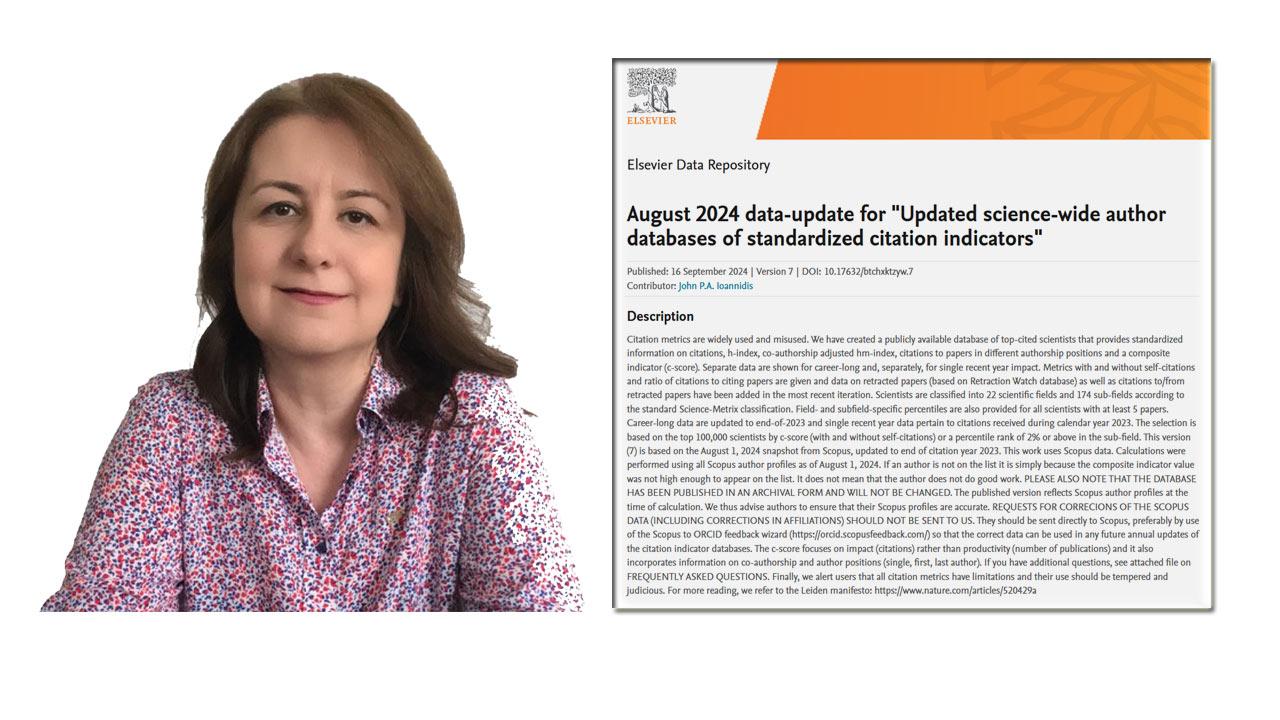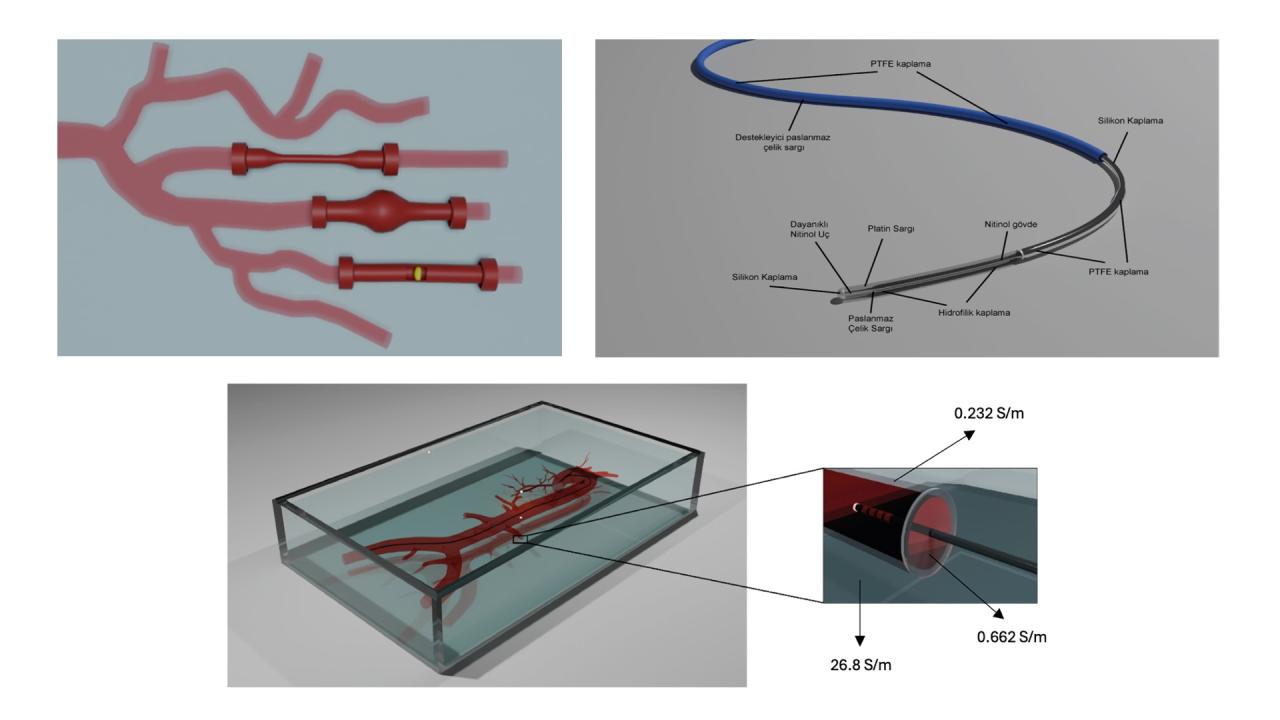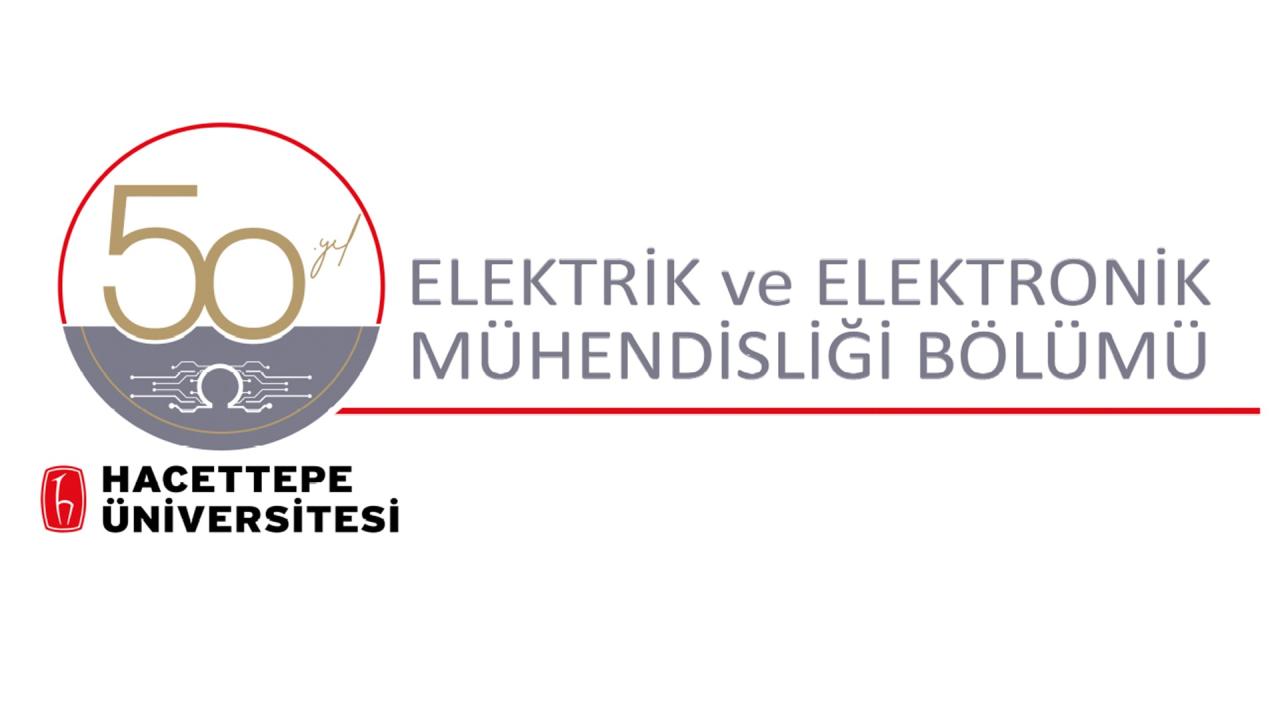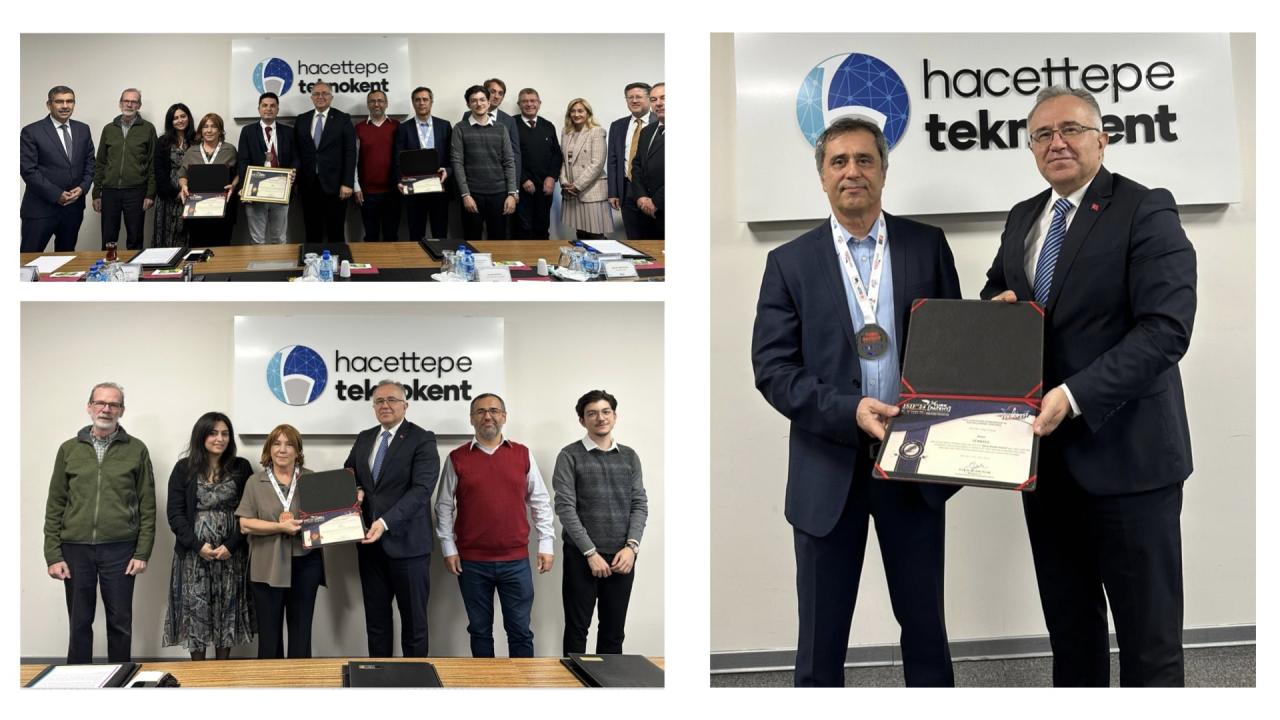News
January 1, 2023
Assoc. Prof. Seniha Esen Yuksel has successfully finished her TUBITAK 1001 Project titled "Mucilage Detection and Tracking from Multi-Band, Multi-Resolution and Multi-Satellite Data".
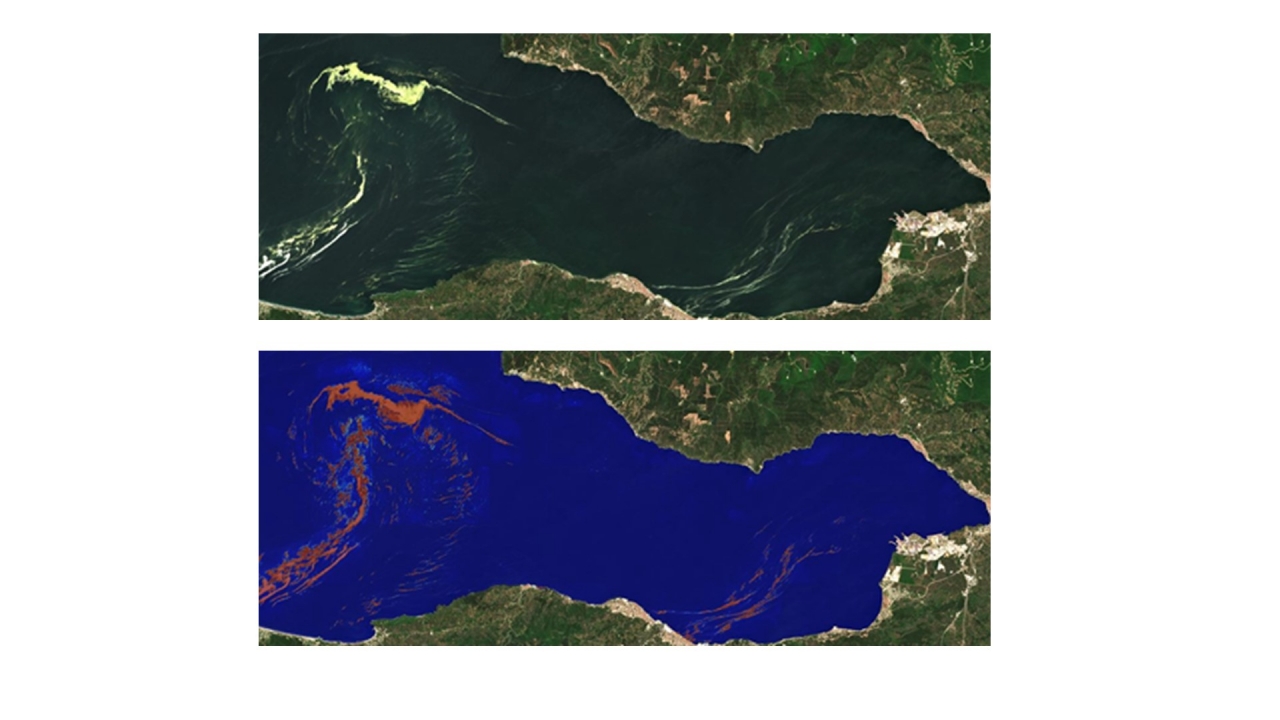
Mucilage also called sea snot or sea saliva is a collection of mucus-like organic matter found in the sea. Although not harmful in the beginning, when mucilage increases over time, it covers the sea creatures and forms thick layers in the sea. Its existence and long duration change the oxygen balance in the seas, reduce biodiversity, fisheries, and tourism. Since April 2021, mucilage has emerged as both an ecological and economical problem in Turkey, spreading over an area of kilometers, clogging the fishing nets, causing problems in marine vessels, and disrupting the industry. These findings indicate that mucilage monitoring, early detection, and intervention before the economic and ecological damages grow out of proportion is quite necessary.
Dr. Yuksel and her team have developed a sofware to analyze the satellite data for the existence of mucilage as thin, extended layers of white substance. They worked on the Sentinel-II multispectral data and PRISMA hyperspectral data to detect the mucilage in the early stages through the use of both traditional as well as deep learning algorithms, with the goal of increasing the accuracy in mucilage detection, as well as saving time and money for the cleaning efforts.
We extend our congratulations to Dr. Yüksel for her work.
Dr. Yuksel and her team have developed a sofware to analyze the satellite data for the existence of mucilage as thin, extended layers of white substance. They worked on the Sentinel-II multispectral data and PRISMA hyperspectral data to detect the mucilage in the early stages through the use of both traditional as well as deep learning algorithms, with the goal of increasing the accuracy in mucilage detection, as well as saving time and money for the cleaning efforts.
We extend our congratulations to Dr. Yüksel for her work.
More news

